

Cly History
North Eastern York County History In Preservation NeyChip
Cly was on an important stagecoach route between York and Harrisburg. The prosperity of the stagecoach era started to decline in the 1830s with the completion of the Codorus Canal into York. Also, in the 1830s, a railroad was put in and still runs through it. Today, the only businesses in Cly are a bar and a landscaping service. Until the late 1990s, the community played host to a minor league baseball team called the Cly Bulldogs. It has hosted the Cly Mudcats, an All-star team from the York Adult Recreation League. In the late 1990s, a developer bought a small tract of land beside the Cly Ball Field, and built Riverside Village. During construction a Native American burial ground was found. Construction was halted for over a year while the site was excavated. Between completion and today, one of the houses has burnt down three times. From Wikipedia, the free encyclopedia.
On May 12, 1921 at about 4:00 p.m. fire was discovered in the storage building at the American Phosphorus Company plant in Cly, a small village in northern York County. The concrete storeroom, about 12 feet by 26 feet, contained about $10,000 worth of finished product. The storeroom contained finished product imported from France, and it is believed that some of this foreign product had spontaneously combusted. The only way to extinguish the fire was to completely submerse the product in water. The 15,000 gallons of firefighting water at the plant was exhausted early. Firemen from York Haven and Goldsboro were summoned, but could do little to combat the fire.
On May 12, 1921 at about 4:00 p.m. fire was discovered in the storage building at the American Phosphorus Company plant in Cly, a small village in northern York County. The concrete storeroom, about 12 feet by 26 feet, contained about $10,000 worth of finished product. The storeroom contained finished product imported from France, and it is believed that some of this foreign product had spontaneously combusted. The only way to extinguish the fire was to completely submerse the product in water. The 15,000 gallons of firefighting water at the plant was exhausted early. Firemen from York Haven and Goldsboro were summoned, but could do little to combat the fire.
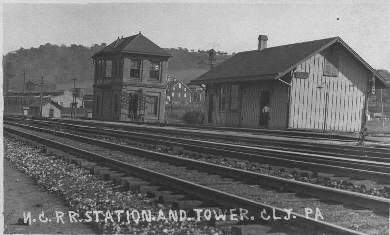
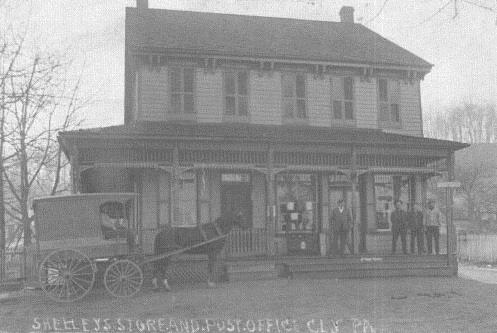
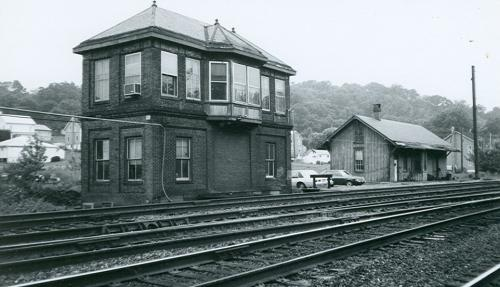
The CLY Interlocking Tower and adjacent Station. CLY controlled the junction of the PRR's Northern Central Branch to Baltimore along with the PRR's Atglen & Susquehanna line to Columbia.The 2 tracks closest to the tower are the Northern Central Branch. This tower used an Armstrong Lever Machine. It was taken out of service sometime in 1985 or 1986 and demolished in the late 1980's. The levels shown in the right picture are displayed in the Pennsylvania State Train Museum in Strasboro, Pa.
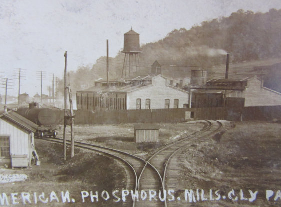
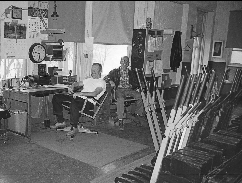
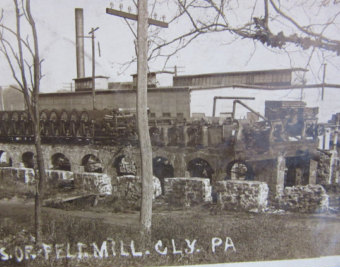
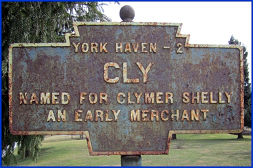
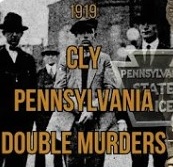
NeyChip would love
to hear from you.
NeyChip@gmail.com
to hear from you.
NeyChip@gmail.com